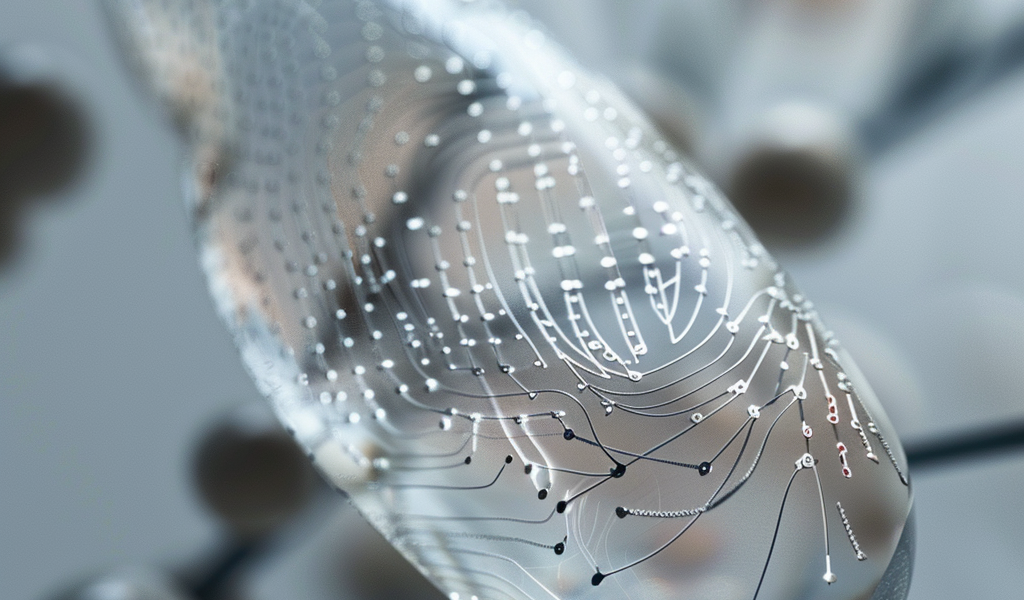Exciting advancements in healthcare technology have emerged as scientists unveil an innovative AI-powered system designed to track ingestible devices monitoring disease markers in the gut. This groundbreaking non-invasive technology has the potential to revolutionize how individuals monitor their gastrointestinal (GI) tract health from the comfort of their homes.
The system, developed by researchers at the University of Southern California, utilizes a wearable coil and artificial intelligence to accurately locate the ingestible device and measure gas concentrations in real-time. The ultimate goal of this technology is to refine the device for future human trials, paving the way for enhanced healthcare monitoring and treatment.
According to the study published in the journal Cell Reports Physical Science, the AI-enabled ingestible devices act as a vital tool for individuals seeking to monitor their gut health without the need for invasive hospital procedures. These devices, often likened to ‘Fitbits for the gut,’ offer a new level of insight into an individual’s health status.
Gas produced in the intestines during the digestion process can provide valuable information about a person’s well-being. Traditionally, healthcare providers have relied on methods such as flatus collection and breath testing to assess GI tract gases. However, the development of ingestible capsules that enable precise gas sensing represents a significant advancement in healthcare technology.
The innovative system developed by the USC researchers includes a discreet wearable coil that generates a magnetic field to interact with sensors within the ingestible pill. Through the use of AI analysis, the system can accurately pinpoint the location of the device within the gut with remarkable precision, measuring real-time concentrations of ammonia – a key indicator of certain health conditions.
Unlike previous methods that utilized bulky desktop coils, the wearable coil offers unparalleled convenience and flexibility, allowing users to seamlessly track their gut health anywhere. Beyond monitoring GI tract gases, this technology shows promise in identifying inflammation caused by conditions like Crohn’s disease and facilitating targeted drug delivery to specific regions within the gut.
The potential applications of this AI-powered system extend far beyond disease monitoring, opening up new possibilities for personalized healthcare and treatment strategies. As researchers continue to refine the technology and prepare for human trials, the future of healthcare monitoring appears brighter than ever before.





